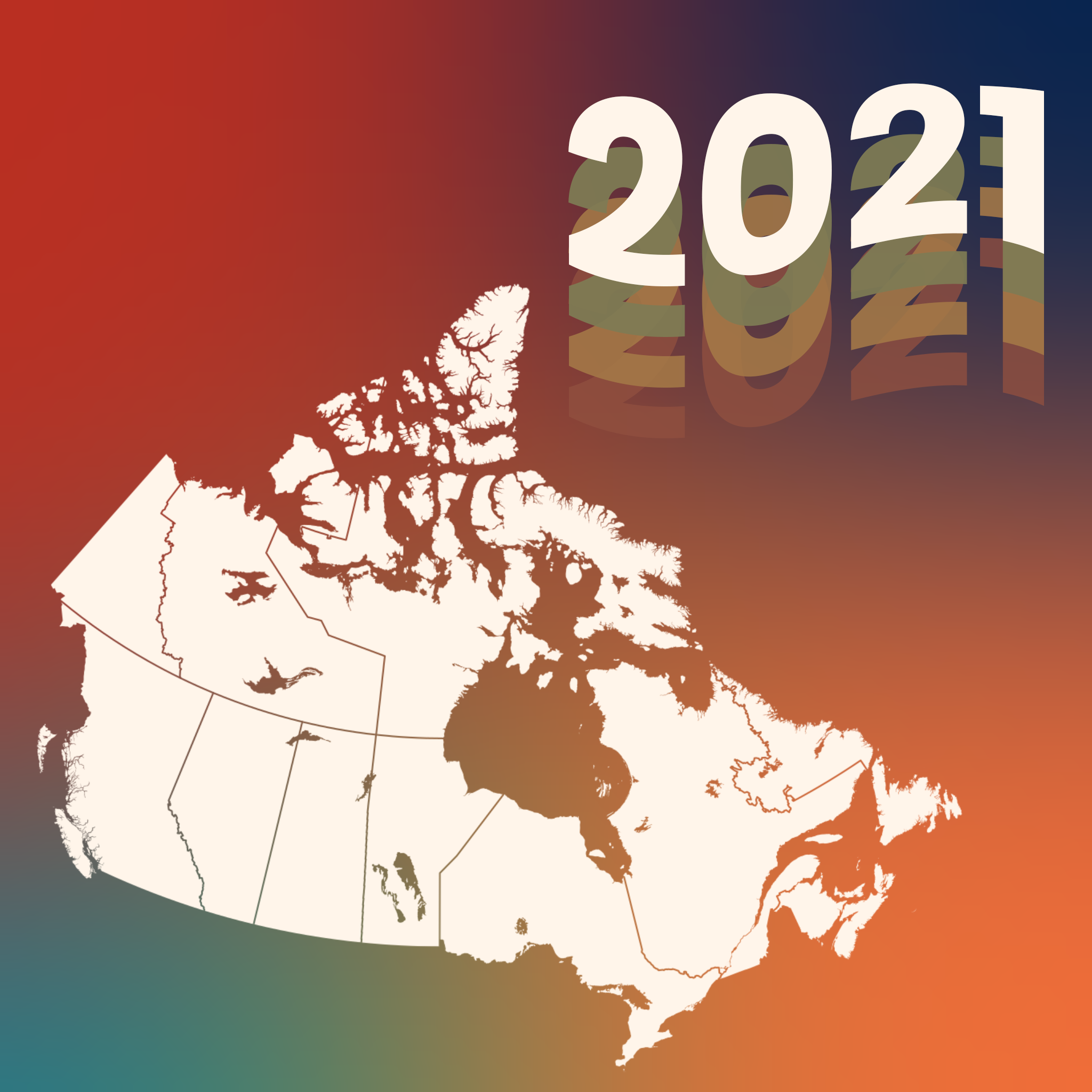
Trudeau won the most seats and kept the Conservatives away from the major cities; but considering Trudeau called this election early, the victory may feel a bit hollow as it was not the majority he wanted.
Trudeau wins another minority government, with almost the same result as last time.
By Craig Allan, Business Manager
Justin Trudeau called an election in the hopes that Canadians would grant him a majority government. Unfortunately for Trudeau, the election did not go as planned. He won but did not get the majority government he was aiming for. Not only that, his Liberal Party finished with nearly the same total as the last election, with a total of 159 seats, up two seats from the 2019 election. Rounding out the seat change, the Conservatives lost two seats, alongside a one-seat gain for the New Democratic Party (NDP) and a one-seat loss for the Green party. In essence, the 2021 election results show that the majority of Canadians feel almost the same about the government as they did two years ago.
For Trudeau, a win is still a win. He won the most seats and kept the Conservatives away from the major cities; but considering Trudeau called this election early, the victory may feel a bit hollow as it was not the majority he wanted. Trudeau will have to once again work with the other parties to get things done in Parliament.
For Conservative leader Erin O’Toole, whether this election performance was good or bad may be determined by who is asked. For O’Toole, a positive he can take away is the party doubling its seat total in Atlantic Canada. However, that may be offset by the losses he incurred elsewhere in this election. Not just from the lower seat total, but also from the fact that the Conservatives did worse in every major city, being pushed back to the rural areas of Vancouver and losing more of the few seats they had in the riding rich Toronto area for example.
This may look bad for O’Toole who did worse than his predecessor, Andrew Sheer, in his first election. However, O’Toole may still have another shot at leading the party in the next election. O’Toole has been trying to make the party more centre-leaning to appeal to the urban, seat-rich centres. Such a move may ruffle the feathers of some of the more traditional right-leaning Conservatives in his party, but O’Toole feels it is needed if the party ever wants to win another election. The question will be whether his party wants to follow him and that vision into the next election.
NDP leader Jagmeet Singh finds himself in almost the same position as O’Toole but under different circumstances. A positive for the party to take away is that this election is the first since 2011 where the NDP did not get a lower seat count than the previous year. However, some may begin to wonder if Singh can get the party back to the highs they had in 2011 when leader Jack Layton led them to official opposition status.
For Green Party leader Annamie Paul, this election was a disaster in every sense. After being attacked by her own party during the summer, and almost being removed as party leader before the election was called, Paul’s Green Party failed to field a candidate in 86 ridings, and Paul herself only travelled outside of her competing riding of Toronto Centre in the waning days of the campaign. All of this showed on election day when Paul not only failed to win her desired seat in Toronto Centre but finished fourth, with only 8% of the vote. The Green Party may have only been left with one seat, held by former leader Elisabeth May on Vancouver Island if it wasn’t for Matthew Morris, who won his seat in Kitchener, Ontario, due to the favourite Liberal candidate being removed from the party due to prior sexual harassment allegations against him. For Paul, the chances of her leading the Green Party into the next election seem unlikely.
As for Maxime Berniers’ People’s Party of Canada (PPC), while they were unable to gain a seat, they did possibly play spoiler. The growing popularity of the party in the latter days of the campaign may have allowed them to take votes away from the Conservatives, as the PPC is viewed as a more right-leaning alternative to the Tories. This may have prevented the Conservatives from winning seats, obtaining a better showing or even winning. However, due to the PPC’s anti-vaccine passport and anti-vaccination stance, it is unknown if the party’s message will resonate after the pandemic has subsided.
While no party may have gotten what they wanted in this election, it does show where the party’s stand with the country. This vote shows that the Canadian public wants the parties to work together. The question is whether the parties will acquiesce to that request.


